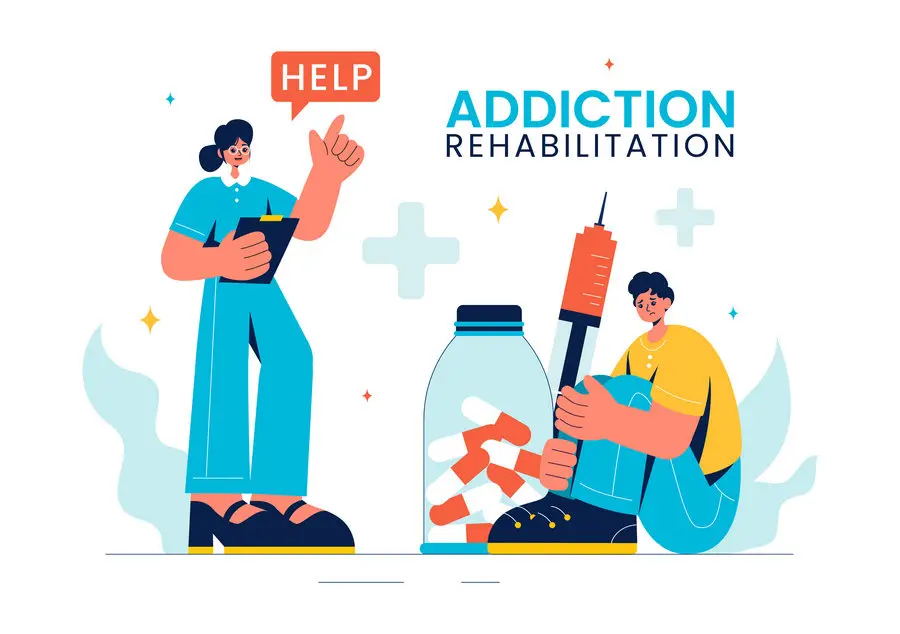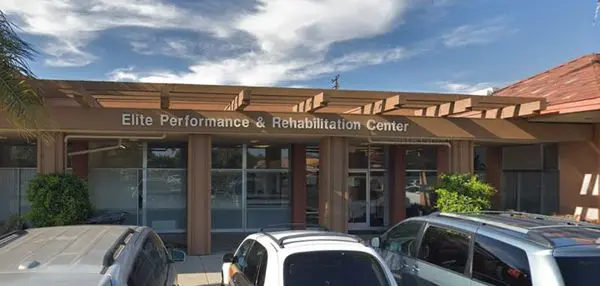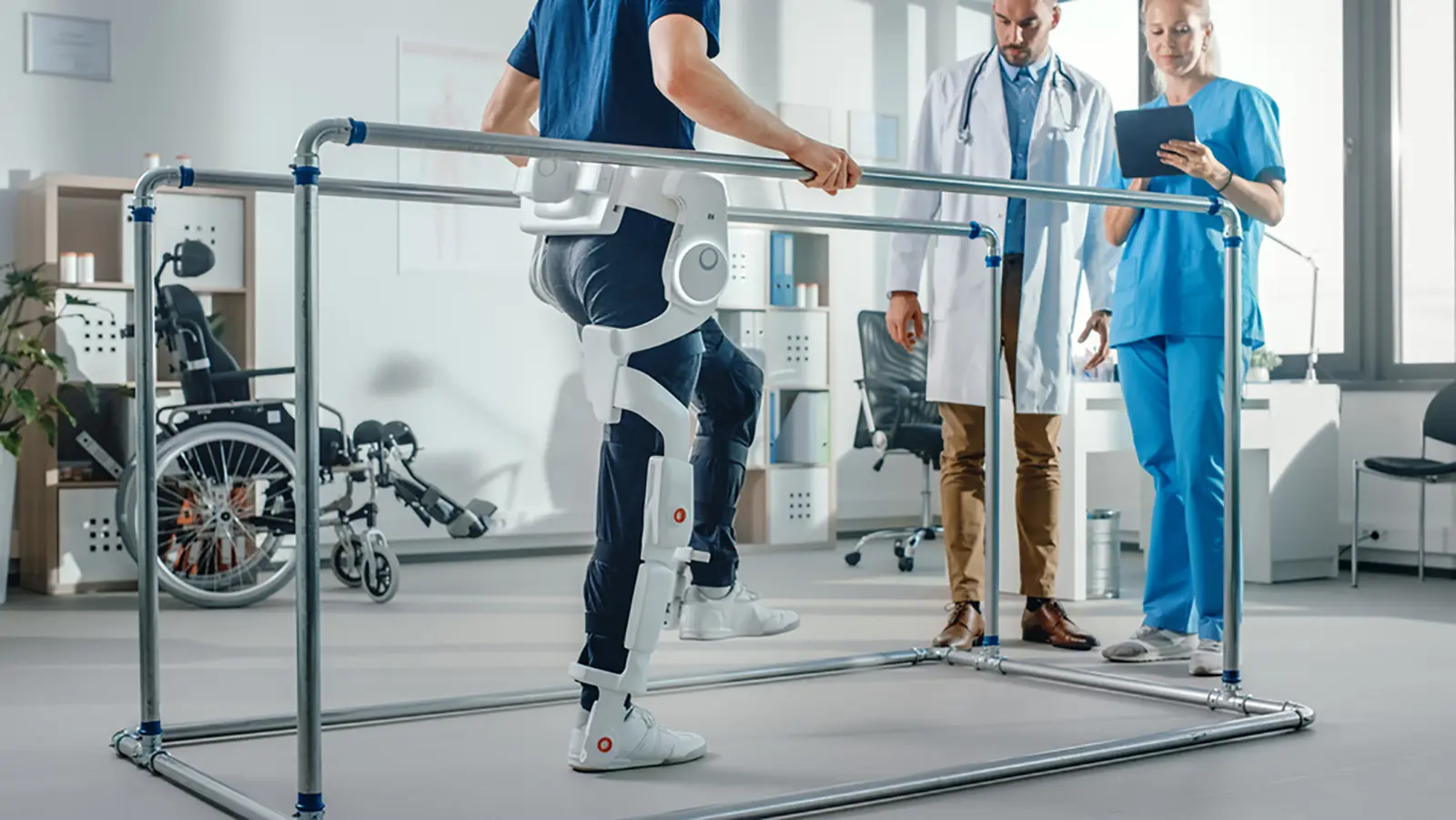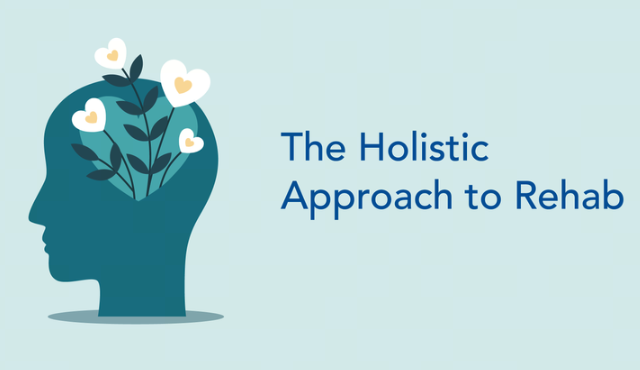
The evolution of rehab centers is marked by advancements in technology, holistic approaches, and personalized care. By 2025, we can expect increased integration of telehealth services, data-driven treatment plans, and an emphasis on mental health alongside physical recovery. These trends aim to enhance patient outcomes and accessibility, reflecting a shift towards more comprehensive rehabilitation solutions tailored to individual needs.
The landscape of rehab centers has undergone significant changes over the past few decades. As we look ahead to 2025, it’s essential to explore the evolving trends and make predictions to understand where the industry is heading. The integration of technology, personalized treatment plans, and a holistic approach to recovery are just a few factors shaping the future of rehabilitation centers.
Technology is playing a pivotal role in the transformation of rehab centers. The rise of telehealth services has made it easier for patients to access care from the comfort of their homes. This trend is likely to continue into 2025, with more rehab facilities offering virtual therapy sessions and support groups. The convenience and accessibility of these services can significantly enhance patient engagement and adherence to treatment plans.
Additionally, the use of wearable technology is becoming increasingly common in rehab settings. Devices that monitor heart rate, physical activity, and mental health metrics can provide real-time data to healthcare providers. This data-driven approach allows for more personalized care, ensuring that treatment plans are tailored to the individual needs of each patient. By 2025, we can expect more rehab centers to incorporate these technologies into their programs.
The one-size-fits-all approach to rehabilitation is becoming obsolete. As more research highlights the importance of individualized care, many rehab centers are shifting towards personalized treatment plans. This trend involves assessing the unique needs, backgrounds, and preferences of patients to create tailored recovery solutions.
In 2025, we may witness an increase in the use of genetic testing and psychological assessments to inform treatment decisions. By understanding a patient's genetic predisposition to certain conditions, rehab centers can customize their approaches, leading to more effective outcomes. This personalized approach not only addresses the physical aspects of recovery but also considers emotional and psychological factors, resulting in a more comprehensive treatment strategy.
Another significant trend in rehab centers is the adoption of holistic approaches to recovery. This method encompasses physical, emotional, and spiritual healing, recognizing that addiction and mental health issues affect all aspects of a person’s life. In 2025, we can expect rehab centers to offer a broader range of services, including mindfulness training, yoga, and nutritional counseling.
These holistic therapies can complement traditional treatments, enhancing the overall recovery experience. Research has shown that incorporating mindfulness and wellness practices can lead to better mental health outcomes and lower relapse rates. As the stigma around addiction and mental health continues to diminish, more individuals may seek out rehab centers that offer these integrative therapies.
Aftercare is becoming increasingly recognized as a crucial component of successful rehabilitation. Many rehab centers are now placing a greater emphasis on aftercare programs that extend support beyond the initial treatment phase. This trend is expected to grow by 2025, with facilities focusing on creating a seamless transition from rehabilitation to everyday life.
Community support plays a vital role in this process. Rehab centers are likely to foster connections with local support groups and resources to help individuals reintegrate into society. By building a strong support network, patients can maintain their recovery and reduce the risk of relapse. This community-oriented approach not only benefits individuals but also strengthens the overall fabric of society by promoting healing and understanding.
The growing awareness of mental health issues is another trend that will shape rehab centers in the coming years. As society begins to recognize the connection between mental health and substance use disorders, rehab facilities are incorporating more mental health services into their programs. By 2025, we can anticipate a rise in dual diagnosis treatment options that address both addiction and underlying mental health conditions.
This focus on mental health will likely lead to more collaborative care models, where different healthcare professionals work together to provide comprehensive support. By integrating psychologists, psychiatrists, and addiction specialists, rehab centers can offer a more cohesive treatment experience that addresses all facets of a patient’s well-being.
As we approach 2025, the evolution of rehab centers will continue to be shaped by technological advancements, personalized care, holistic approaches, aftercare support, and a heightened focus on mental health. These trends signify a promising future for rehabilitation, with the potential to improve recovery outcomes and enhance the quality of life for individuals seeking help.
The ongoing transformation of rehab centers reflects a broader societal shift towards understanding and addressing addiction and mental health issues with compassion, innovation, and evidence-based practices. As we look forward, it’s essential for rehab centers to adapt and embrace these changes to provide the best possible care for their patients.

How Rehab Centers in the USA are Adapting to Substance Abuse Trends in 2025

Understanding Personal Injury Settlements: Trends and Predictions for 2025

Elite Rehab Centers – Luxury Recovery in a Supportive Environment

Rehab Centers in the USA: The Future of Treatment Approaches in 2025

Innovative Technologies Transforming Rehab Centers in the USA by 2025

Understanding the Role of Mental Health in Rehab Centers Across the USA in 2025

The Importance of Aftercare Programs in Rehab Centers: Insights for 2025

Holistic Approaches in Rehab Centers: What to Expect in the USA by 2025